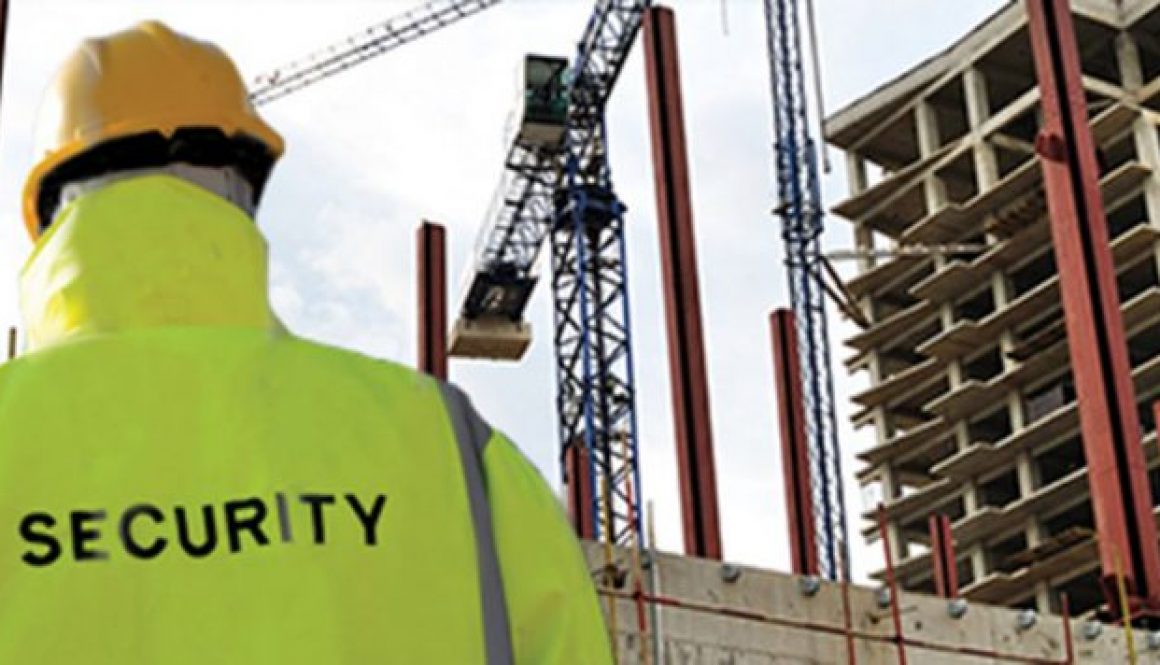
Image Source: Google
In the fast-paced world of construction, security often takes a back seat to speed and efficiency. However, as the industry continues to grow and evolve, it is crucial to prioritize construction security to protect assets, employees, and the overall success of a project. From theft and vandalism to safety hazards and unauthorized access, there are numerous threats that construction sites face on a daily basis. By implementing robust security measures, construction companies can safeguard their investments and ensure the smooth progress of their projects.
The Scope of Construction Security
Types of Threats
- Theft of tools, equipment, and materials
- Vandalism and sabotage
- Trespassing and unauthorized access
- Safety hazards for workers
- Cybersecurity threats
Key Assets to Protect
- Construction equipment
- Raw materials and supplies
- Tools and machinery
- Sensitive project information
- Worker safety and well-being
The Importance of Construction Security
Asset Protection
Construction sites are filled with valuable assets, including equipment, materials, and tools. Without proper security measures in place, these assets are vulnerable to theft and vandalism, which can result in significant financial losses and delays in project completion. By implementing security cameras, access controls, and security patrols, construction companies can deter criminals and protect their assets.
Worker Safety
Construction sites are inherently dangerous environments, with various hazards that can pose risks to workers' safety. By implementing safety protocols and security measures, construction companies can ensure the well-being of their employees. Security guards can monitor the site for potential safety hazards, enforce safety guidelines, and respond quickly to emergencies, reducing the risk of accidents and injuries.
Project Continuity
Security breaches and incidents can disrupt the progress of a construction project and lead to costly delays. By investing in construction security, companies can mitigate the risk of disruptions and ensure the smooth continuity of their projects. With proper security measures in place, construction sites can remain operational 24/7 without the fear of unauthorized access or criminal activities.
Best Practices for Construction Security
Security Assessment
- Conduct a comprehensive security assessment of the construction site to identify potential vulnerabilities.
- Determine the type of security measures needed based on the specific threats and risks faced by the project.
Access Control
- Implement access control systems to regulate entry and exit points on the construction site.
- Use key cards, biometric scanners, or security personnel to monitor and control access to sensitive areas.
Security Cameras
- Install surveillance cameras strategically throughout the construction site to monitor activities and deter criminal behavior.
- Ensure that the cameras have clear visibility and proper lighting to capture high-quality footage.
Security Patrols
- Deploy security guards to patrol the construction site and respond to security incidents in a timely manner.
- Implement regular patrols and inspections to ensure the security of the site at all times.
Employee Training
- Provide security training to employees to raise awareness of security threats and how to respond to them.
- Train employees on security protocols, emergency procedures, and reporting suspicious activities.
Conclusion
Construction security is a critical aspect of ensuring the success and safety of construction projects. By prioritizing security measures such as access control, surveillance, and security patrols, construction companies can protect their assets, employees, and projects from various threats. Investing in construction security not only helps prevent financial losses and delays but also fosters a safe and secure work environment for everyone involved in the construction process. In today's fast-paced construction industry, guarding the future through robust security practices is essential for long-term success.